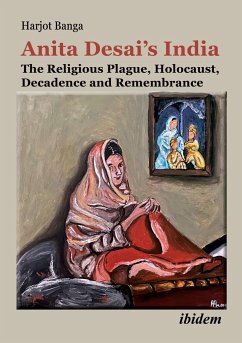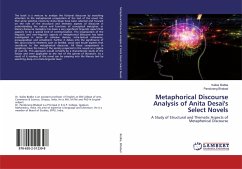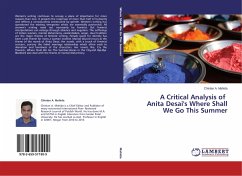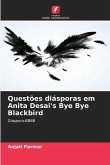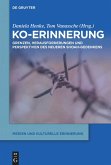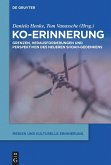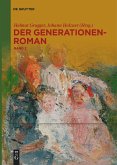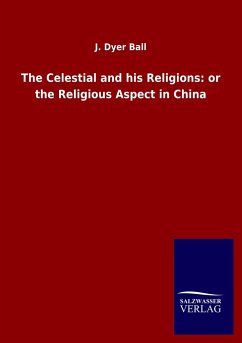This research intricately examines the reverberations of the Partition of India in 1947, with a focused exploration into the marginalisation endured by the Muslim community in its aftermath. Through a meticulous historical analysis, the study elucidates the socio-political and cultural forces at play during this pivotal period of Indian history. What sets this research apart is its innovative incorporation of Anita Desai's literary masterpieces, notably Clear Light of Day and In Custody, as a unique vantage point for understanding the Muslim experience post-Partition. Negotiating the complexities of historical and literary analysis presents a notable challenge, as does sensitively addressing the profound ramifications of marginalisation. Methodologically, the research employs a multidisciplinary approach, blending historical research methods with nuanced literary interpretation. The findings unearth the nuanced layers of Muslim marginalisation, shedding light on its subtle yet pervasive manifestations. The research's novelty lies in its interdisciplinary framework, seamlessly weaving together historical inquiry and literary exploration to offer a holistic understanding of the enduring impacts of Partition. Ultimately, this study bears significant implications for academia, fostering cross-disciplinary dialogue and enriching perspectives on the enduring legacy of Partition in India.
Harjot Banga's scholarly work presents an original insight on the "Partition", by contextualising it within the complex legacy and enduring impacts of "divide et impera" in India, in a deep and accurate reading of the literary masterpieces by Anita Desai. This comprehensive critical exploration is instrumental for both scholars and students seeking to unravel the intersections of history, literature, and postcolonial theory, significantly enriching our understanding of Indian-English Literature." Carmen Concilio, Professor of Postcolonial Literature, University of Turin

